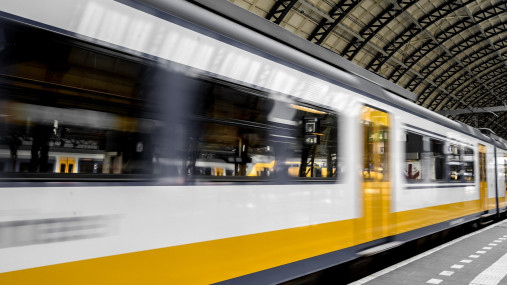
Publications » Position papers » EUROFER views on the International Procurement Instrument
EUROFER views on the International Procurement Instrument
Downloads and links
Recent updates

While the EU is considered one of the most open and transparent procurement markets in the world, this is often not reciprocated by the EU’s trading partners. This is creating a growing lack of level-playing field in world procurement markets, as third countries are increasingly restricting access to their markets while their companies are winning significant contracts in the EU, sometimes even on unfair pricing terms or by challenging EU public procurement rules.
In 2012, the Commission proposed the creation of an International Procurement Instrument (IPI). After a legislative deadlock, the Commission presented a revised proposal in 2016. In March 2019, in the context of a review of relations with China, the Commission called on the Council and Parliament to revive the trilogues based on the revised proposal, and adopt the IPI before the end of 2019.
In the light of the revival of the discussions on the 2016 proposal, EUROFER would like to highlight its support to the International Procurement Instrument and urge the European institutions to reach an agreement in the shortest possible timeframe to ensure new market openings for European companies and a level playing field in both the EU and third countries’ markets.

Download this publication or visit associated links
Brussels, 20 February 2026 – EU steel exports to the United States fell by 30% in the second half of 2025 compared to the same period in 2024, after the imposition of 50% tariffs according to new Eurostat data. The expansion of the U.S. tariff regime to include downstream steel-intensive products, such as machinery and equipment, is expected to amplify its impact on both EU steel producers and their customers. The European Steel Association (EUROFER) said the figures underscore the need for any EU-US trade agreement to be fair, balanced and enforceable.
Joint Industry Statement
Brussels, 11 February 2026 - The European Steel Association (EUROFER) has backed a call to action adopted by European companies and industries in Antwerp today, which includes a demand on the EU to take urgent action to bring electricity prices down as a condition for Europe’s industrial drive, competitiveness and economic resilience.